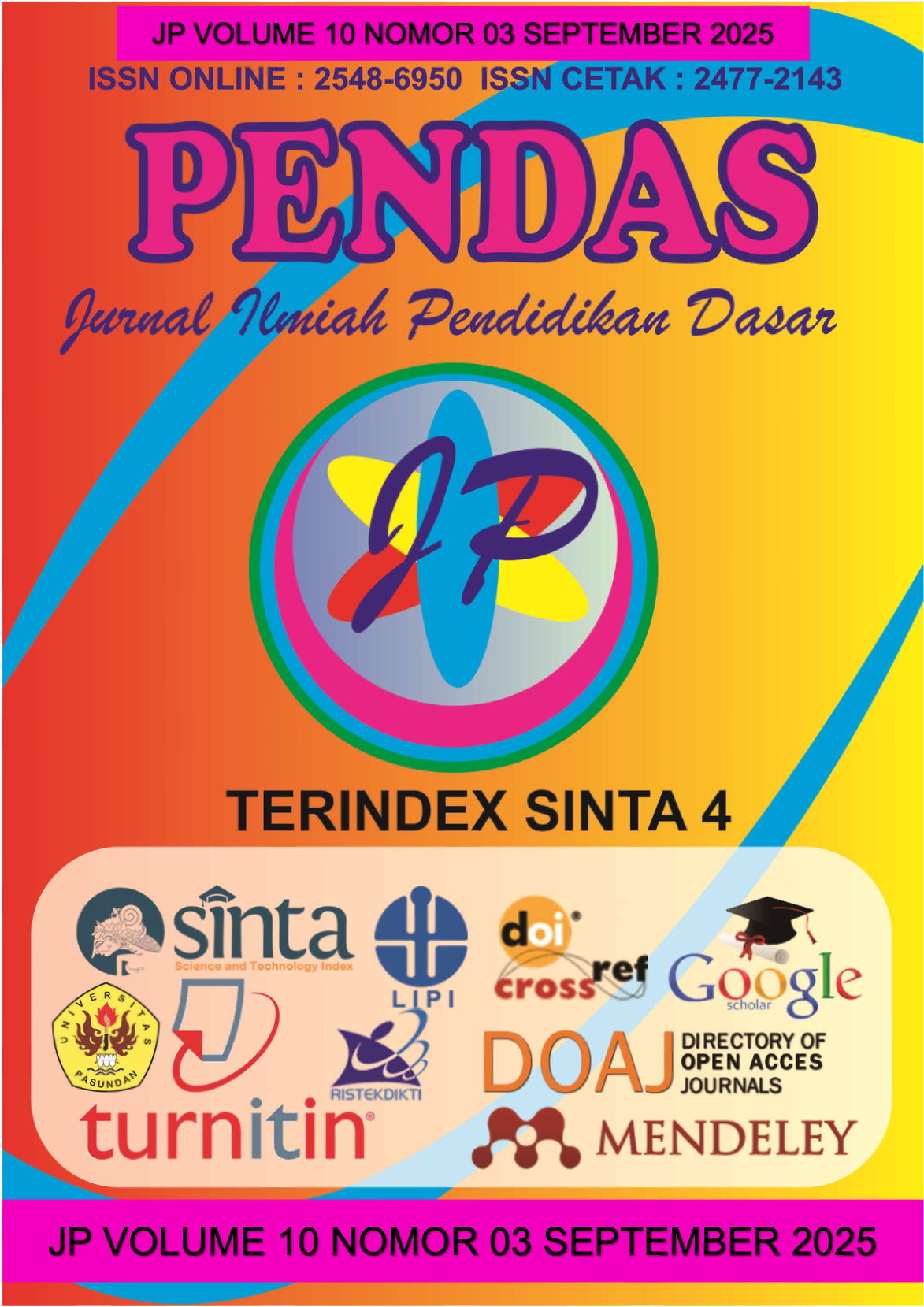The Use of Loora as Media to Check Grammar in Speaking for Undergraduated Students
DOI:
https://doi.org/10.23969/jp.v10i03.31788Keywords:
language learning, AI-based applications, grammatical accuracy, speaking skills, independent learning, feedback, educational technology.Abstract
This study examines the effectiveness of Loora, an artificial intelligence (AI)-based language learning
application, in improving English speaking skills and grammatical accuracy among university
students. Using a qualitative case study approach involving 10 participants, this study explores how
Loora provides real-time and personalized feedback that encourages independent, reflective, and
active language use in line with Swain's Output Hypothesis. The results indicate that Loora
significantly improves students' confidence, awareness of grammatical errors, and speaking habits
by providing detailed explanations and instant corrections. Despite limitations such as a small sample
size and infrastructure challenges, the findings suggest that AI-based tools like Loora can effectively
support language learning by making feedback more accessible and engaging. This study highlights
the potential of integrating innovative technological solutions into language education to enhance
learning autonomy, grammatical accuracy, and overall speaking ability.
Downloads
References
Aini, N., & Lubis, Y. (2023).
INVESTIGATING EFL
STUDENTS’ SPEAKING
ANXIETY: A CASE STUDY AT
ENGLISH DEPARTMENT OF
UINSU. 12(May), 169–183.
Aldosari, M., Heydarnejad, T.,
Hashemifardnia, A., &
Abdalgane, M. (2023). The
interplay among self-assessment,
using reflection for assessment,
classroom enjoyment, and
immunity: into prospects of
effective language learning.
Language Testing in Asia, 13, 1–
Pendas : Jurnal Ilmiah Pendidikan Dasar,
ISSN Cetak : 2477-2143 ISSN Online : 2548-6950
Volume 10 Nomor 03, September 2025
20.
https://doi.org/10.1186/s40468-
022-00213-1
Arifani, Y., Sari, H. P., & Ma’rifah, U.
(2025). The Correlation between
Self-Regulated Learning and
Learning Motivation toward
Speaking Skill. Indonesian
Teaching English to Speakers of
Other Languages Journal.
https://doi.org/10.30587/inatesol.
v1i2.9387
Bashori, M., van Hout, R., Strik, H., &
Cucchiarini, C. (2024). ‘Look, I
can speak correctly’: learning
vocabulary and pronunciation
through websites equipped with
automatic speech recognition
technology. Computer Assisted
Language Learning, 37(5–6),
1335–1363.
https://doi.org/10.1080/09588221
.2022.2080230
Bihari Dash, D. B. (2022). Significance
of Globalisation and English
Language. International Journal
on Studies in English Language
and Literature, 10(5), 10–16.
https://doi.org/10.20431/2347-
3134.1005002
Braun, V., & Clarke, V. (2006). Using
thematic analysis in psychology;
In qualittaive research in
psychology. Uwe Bristol, 3(2),
77–101.
https://psychology.ukzn.ac.za/?m
docs-file=1176
Creswell, J. W. (2014). Research
design: Qualitative, quantitative,
and mixed methods approaches
(4th ed.). In SAGE Publications.
https://doi.org/10.4324/97804294
69237-3
Downloads
Published
Issue
Section
License
Copyright (c) 2025 Pendas : Jurnal Ilmiah Pendidikan Dasar

This work is licensed under a Creative Commons Attribution 4.0 International License.



















